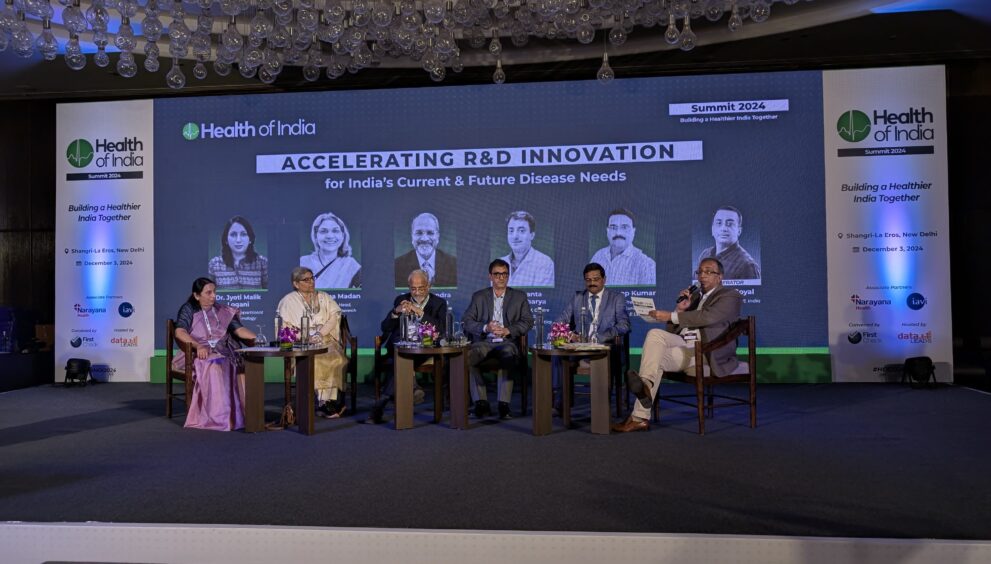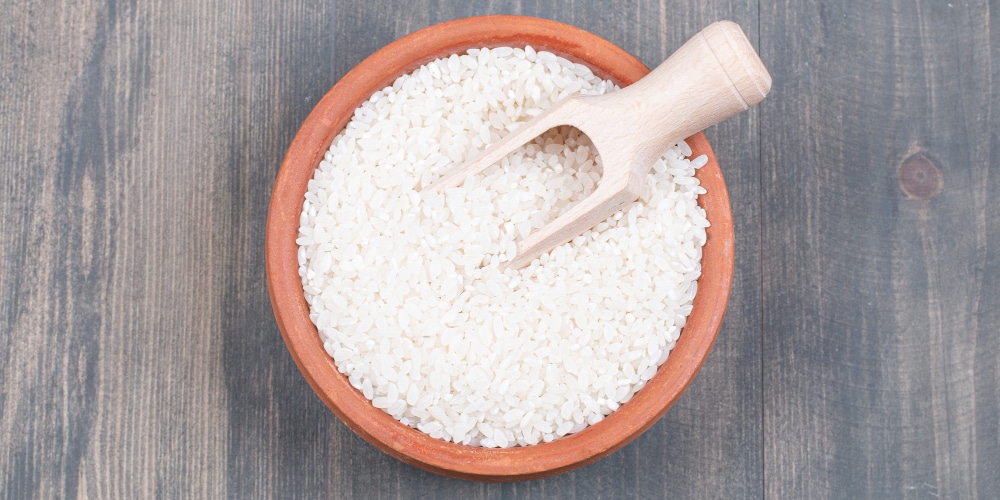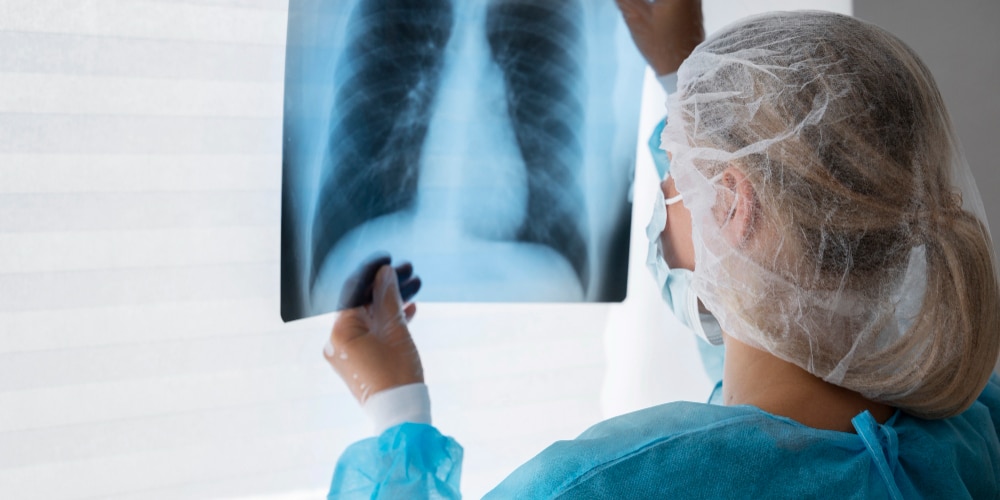Latest
How prepared is India for future diseases? Experts discuss at Health of India Summit
Experts call for dynamic regulatory frameworks to bolster India’s readiness for future pandemics
Author
Author
- admin / 1 year

- 0
- 3 min read

Author
New Delhi: The Health of India Summit 2024 at Hotel Shangri-La, New Delhi, brought together leading healthcare innovators to discuss India’s potential as a global hub for biopharmaceutical innovation, emphasizing the need for collaborative, rapid, and cost-effective R&D strategies to address current and emerging disease challenges.
The session titled “Accelerating R&D Innovation for India’s Current & Future Disease Needs,” was moderated by Dr Rajat Goyal, Country Director of IAVI India, and featured distinguished experts, including Dr. Taruna Madan, Scientist G and Head of the Development Research Division at ICMR; Dr. Jyoti Malik Logani, Scientist F at the Department of Biotechnology; Prof. Yogendra Kumar Gupta, President of AIIMS Jammu; and Dr. Jayanta Bhattacharya, Dean and Head of the Centre for Virus Research, Vaccine, and Therapeutics at BRIC-THSTI.
Dr. Rajat Goyal emphasized India’s need to remain vigilant against diseases beyond COVID-19, such as tuberculosis, HIV, and emerging threats like Nipah and Marburg viruses. He highlighted the collaborative efforts of science, regulation, and industry in preparing for future pandemics.
Dr. Jayanta Bhattacharya described how advances in disease biology and immunology have expedited vaccine development.
“We now understand that vaccines need not always be redesigned; instead, they can be optimized using reverse vaccinology, which has the potential to revolutionize next-generation vaccines,” he explained. “We now understand that vaccines need not always be redesigned; instead, they can be optimized using reverse vaccinology, which has the potential to revolutionize next-generation vaccines.”
Dr. Jyoti Malik Logani spoke about India’s advancements in real-time genome sequencing during COVID-19, which nurtured innovative vaccine science. She also emphasized the Department of Biotechnology’s work in infectious diseases, creating a spectrum of autonomous institutions and fostering international partnerships to move towards bio-based technologies.
Dr. Taruna Madan from ICMR shared insights from ICMR’s initiatives, highlighting the resource-constrained yet impactful pandemic preparedness trial in Jaipur and the MedTech Mitra initiative, build to support MedTech innovators for clinical evaluation.
Addressing ethical concerns, Dr Yogendra Kumar Gupta said: “The Indian public is often referred to as guinea pigs in Parliament debates. This makes it our moral responsibility to ensure no harm comes to those who trust us.”
Prof. Gupta also stressed the importance of ethical considerations in experimental medicine trials and the need to communicate the purpose and risks of trials transparently to the public.
Dr. Sudeep, a pioneer in manufacturing, said that while India demonstrated its potential by developing COVID-19 vaccines within six months, regulatory frameworks must evolve to become more dynamic and uniform.
“With investments over the past three years, India is well-prepared to face future challenges,” Dr. Sudeep said. “However, we need strong regulatory support to maximize our potential.”
The panelists agreed on the critical need to strengthen India’s R&D ecosystem. They called for fostering innovation, promoting self-reliance in manufacturing, and enhancing global health security through indigenous solutions.










